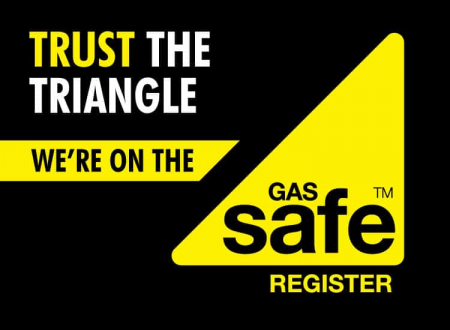Gas Safety & Gas Interlock
Preventative maintenance is key to ensuring not only a fully functioning operational commercial kitchen, but also for maintaining the correct levels of health and safety. One of the key elements at play in kitchens, is the use of gas ovens and equipment, so it is critical that you have your maintenance checks and service carried out by a Gas Safe Certified Engineer.
They will inspect your gas appliances and carry out the necessary maintenance to ensure your interlock systems are working correctly. But what is a gas safety interlock and why is it so important?

When is an interlock required?
Since 2009 the installation of gas safety interlocks has been required by law, to meet British Standard BS6173 and the Gas Safe regulations, in all new kitchens. However it is also mandatory if installing replacements in older, existing kitchens under the following circumstances:
- installation of a new extraction/ventilation canopy
- installation of a new gas pipework run
- installation of a new cook line or layout
- with any fitting of Category ‘B’ equipment e.g. combi ovens, deep fryers, grills, charcoal griddles
Failure to fit a gas interlock system can have serious implications including:
- unacceptable health and safety risks to employees and the general public.
- HSE prosecution
- CP42 inspection failure
- kitchen closure until adequate safety systems have been installed.
- fines that could threaten the financial future of your business.
In an older kitchen we can retrospectively fit the device to your canopy. Contact Us if you would like to book a site survey
Why is it needed?
All kitchens are required to have a good ventilation system that provides ample flow of air in and out, to avoid the accumulation of dangerous gases such as carbon monoxide and nitrogen dioxide. If the ventilation system is not functioning correctly, gases can build up to dangerous levels.
An interlock device is there to safeguard the kitchen staff and will monitor the airflow to help maintain kitchen safety. It can prevent illness from carbon monoxide poisoning and reduce the risk of accidents such as explosions from unburned gas.
How does it work?
Sensors placed either side of the duct work fan must detect an airflow above a certain threshold. If there is insufficient airflow or complete kitchen extract fan failure, the interlock will not allow the gas isolation valve to open. It effectively cuts off the gas to the appliances, preventing them from being used.
Only once the ventilation improves, will the system allow the valve to open and the gas supply to resume.
Maintenance
Regular cleaning and servicing of your duct work, fans and ventilation systems is obviously important to prevent the inconvenience of frequent interlock shut downs caused by inadequate airflow.
However the interlock system itself will also need routine servicing (at least once a year) by a gas qualified, certified engineer to prove that it is working correctly to the BS6173 standard. Each component of the system (valves, sensors and pipework) must be checked to ensure it is operating efficiently.
It is illegal for anyone who is not Gas Safe registered to carry out this work, so always make sure you hire a reputable expert like Island Catering Equipment to keep your kitchen safe and compliant.

